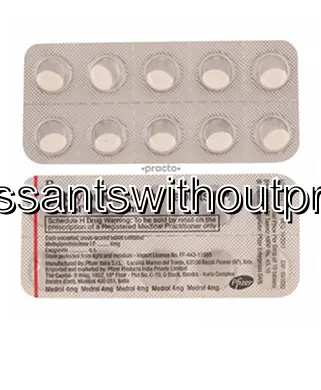| Package | Dosage | Price | Price per Dose | |
|---|---|---|---|---|
| Dosage: 4mg | ||||
| 360 pill | 4mg | £236.20 | £0.66 | |
| 270 pill | 4mg | £204.32 | £0.76 | |
| 180 pill | 4mg | £157.07 | £0.87 | |
| 120 pill | 4mg | £118.10 | £0.98 | |
| 90 pill | 4mg | £100.38 | £1.11 | |
| 60 pill | 4mg | £75.58 | £1.26 | |
| 30 pill | 4mg | £43.69 | £1.45 | |
| Dosage: 8mg | ||||
| 360 pill | 8mg | £354.31 | £0.98 | |
| 270 pill | 8mg | £299.98 | £1.11 | |
| 180 pill | 8mg | £230.30 | £1.28 | |
| 120 pill | 8mg | £175.97 | £1.46 | |
| 90 pill | 8mg | £145.27 | £1.62 | |
| 60 pill | 8mg | £108.65 | £1.81 | |
| 30 pill | 8mg | £61.40 | £2.04 | |
| Dosage: 16mg | ||||
| 270 pill | 16mg | £354.31 | £1.31 | |
| 180 pill | 16mg | £271.64 | £1.51 | |
| 120 pill | 16mg | £203.13 | £1.69 | |
| 90 pill | 16mg | £172.43 | £1.91 | |
| 60 pill | 16mg | £127.54 | £2.13 | |
| 30 pill | 16mg | £72.03 | £2.40 | |

Methylprednisolone Description
Overview of Methylprednisolone
Methylprednisolone is a synthetic glucocorticoid hormone widely used in medical treatments to reduce inflammation and suppress the immune system. It mimics the effects of natural hormones produced by the adrenal glands and is commonly prescribed for a variety of conditions, including allergic reactions, autoimmune diseases, and certain inflammatory disorders. Its effectiveness in alleviating symptoms quickly has made it a crucial medication in both outpatient and inpatient settings.
How It Works
The medication works by inhibiting multiple inflammatory pathways within the body. It decreases the production of substances that trigger inflammatory responses, such as prostaglandins and cytokines. By doing so, methylprednisolone reduces swelling, redness, and pain in affected tissues. It also suppresses the activity of immune cells responsible for attacking the body's own tissues in autoimmune conditions. This dual action allows for rapid relief of symptoms but requires careful monitoring to prevent adverse effects.
Usage and Dosage
Methylprednisolone is available in various formulations, including tablets, injectable solutions, and topical preparations. The dosage depends on the severity of the condition, the patient's overall health, and response to treatment. Physicians typically start with a higher dose to gain control over symptoms and then gradually taper down to minimize withdrawal effects. It is essential to follow the prescribed instructions precisely and inform your healthcare provider about any other medications being taken to avoid interactions.
Benefits and Efficacy
Many patients find methylprednisolone highly effective in managing acute flare-ups of chronic conditions. It provides fast relief from symptoms such as inflammation, allergic reactions, and joint pain. The medication's versatility allows it to be used in multiple settings, including managing allergic crises, preventing organ transplant rejection, and treating severe asthma attacks. When used appropriately, it can significantly improve quality of life and reduce disease progression.
Possible Side Effects
Despite its benefits, methylprednisolone can cause side effects, especially with prolonged use or high doses. Common adverse effects include increased appetite, weight gain, mood swings, insomnia, and fluid retention. Long-term use may lead to more serious issues such as osteoporosis, muscle weakness, and adrenal suppression. Some individuals may also experience elevated blood sugar, which is particularly concerning for diabetic patients. It is important to evaluate these risks with a healthcare provider and monitor for any adverse reactions during treatment.
Precautions and Warnings
Patients should inform their doctor about existing health conditions such as infections, diabetes, hypertension, or psychiatric disorders before starting methylprednisolone. Since it suppresses immune function, the medication can increase susceptibility to infections. It is not recommended to stop the medication abruptly, as this can cause adrenal insufficiency. Regular check-ups and blood tests are often necessary to track the medication's effects and adjust dosages accordingly.
Conclusion
Methylprednisolone remains an important medication for managing various inflammatory and autoimmune conditions. Its ability to provide rapid symptom relief makes it a valuable tool in medical practice. However, careful administration and monitoring are crucial to minimize risks and side effects. Patients should adhere strictly to medical advice and report any unusual symptoms promptly to ensure safe and effective treatment with methylprednisolone.
